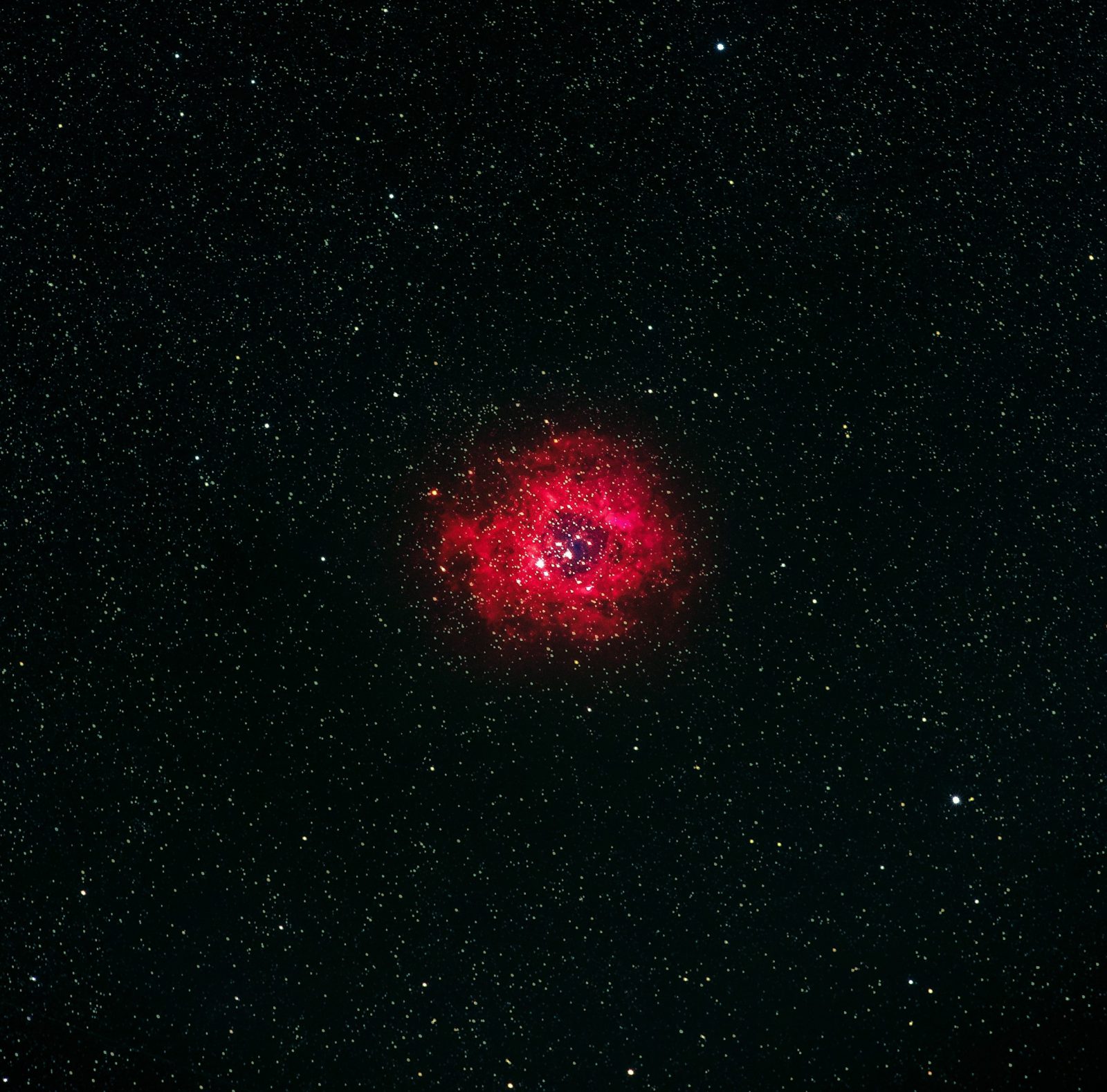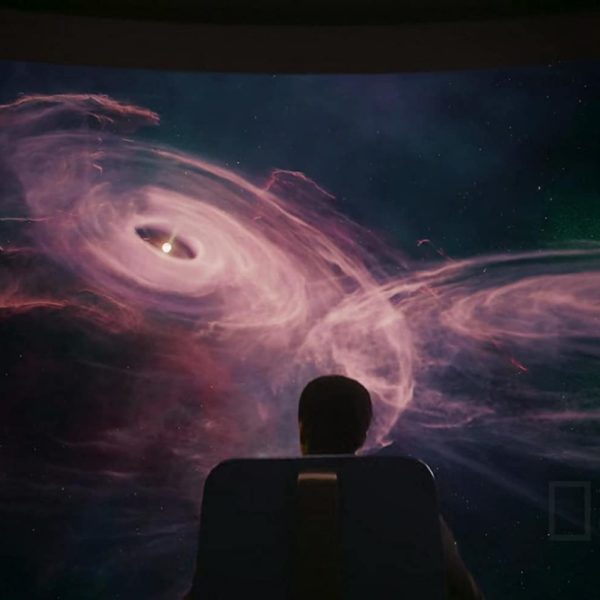
Dissecting an Unbelievable Conversation about Abiogenesis
On today’s ID the Future physicist Brian Miller and host Eric Anderson explore a recent conversation between physicists Jeremy England and Paul Davies on Justin Brierley’s Unbelievable? radio show. Davies admitted he doesn’t want the origin of life to require divine design, while England argued that his work on non-equilibrium systems offers a promising avenue for explaining the origin of the first life in naturalistic terms. Miller and Anderson demur on both counts. They hold out hope that Davies, having recognized his philosophical bias, will eventually decide to follow the evidence wherever it leads, even if doing so has theistic implications. And as for Jeremy England’s approach, Miller says it’s fascinating work but fails to solve the origin-of-life challenge in naturalistic terms, and for multiple reasons.



